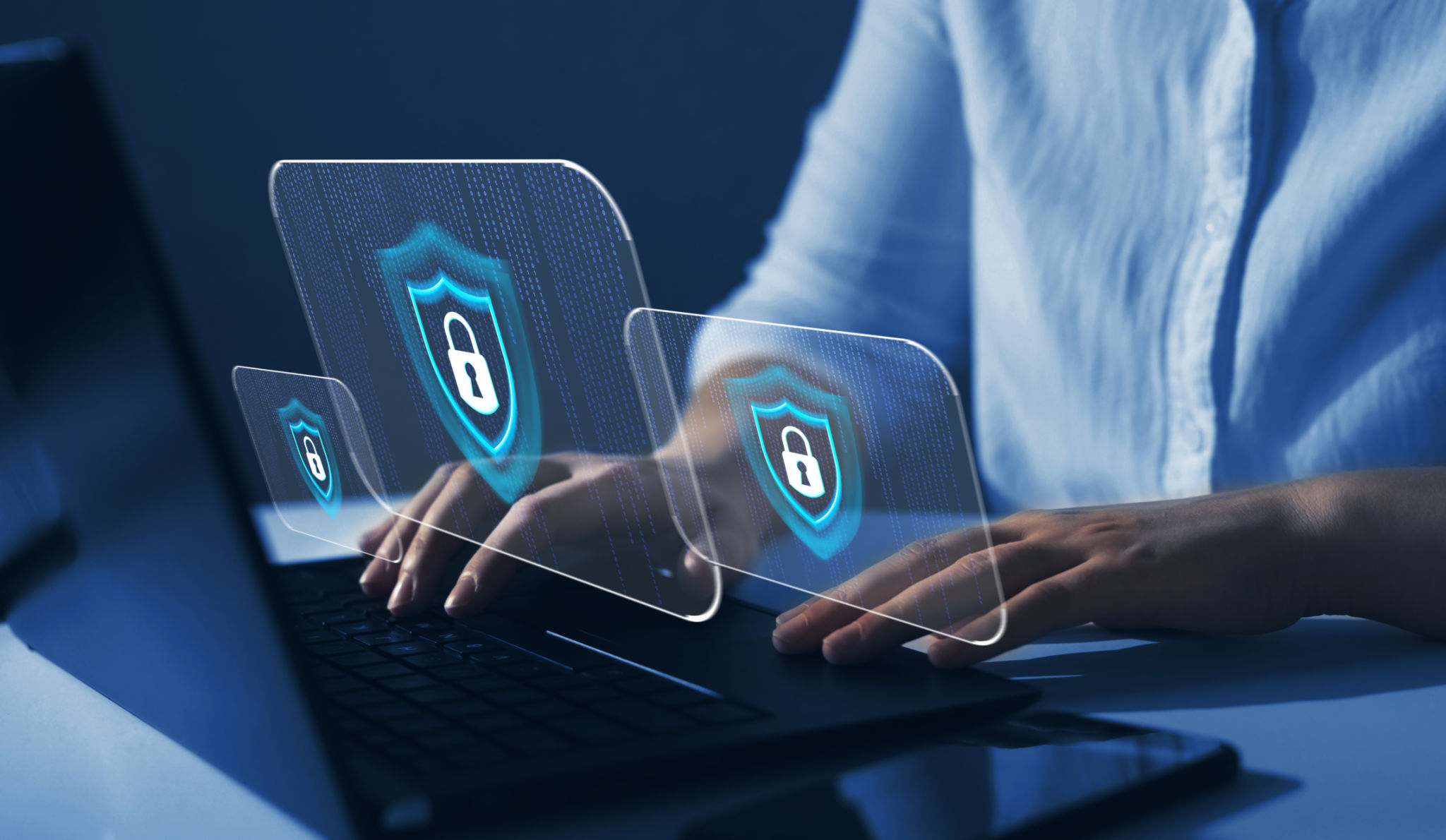Debunking Cybersecurity Myths: What Every Business Needs to Know
Ni
Understanding Cybersecurity Myths
In today's digital age, cybersecurity is more critical than ever. However, numerous myths persist that can leave businesses vulnerable to cyber threats. By understanding these misconceptions, companies can better protect themselves against potential breaches.

Myth 1: Small Businesses Aren't Targets
Many small business owners believe that cybercriminals only target large corporations. This misconception can lead to a false sense of security. In reality, small businesses are often seen as easy targets due to their typically weaker security measures. It's crucial for every business, regardless of size, to implement robust cybersecurity protocols.
According to recent studies, nearly half of all cyberattacks are directed at small businesses. This statistic emphasizes the importance of vigilance and preparedness in safeguarding your company’s digital assets.
Myth 2: Antivirus Software Is Enough
Another common myth is that having antivirus software is sufficient protection against cyber threats. While antivirus programs are an essential component of cybersecurity, they are not foolproof. Cybercriminals continually develop new tactics and malware that can bypass traditional antivirus defenses.

To enhance security, businesses should adopt a multi-layered approach. This includes firewalls, intrusion detection systems, and regular security audits. Regular updates and employee training are also vital in maintaining a secure digital environment.
Myth 3: Cybersecurity Is Too Costly
Many businesses shy away from investing in cybersecurity due to perceived high costs. However, the financial impact of a data breach can be far more devastating. The cost of implementing preventive measures is often much lower than the potential losses from a cyberattack.
- Data loss and recovery expenses
- Legal fees and compliance penalties
- Reputational damage and loss of customer trust
By investing in cybersecurity, businesses can protect not only their data but also their reputation and financial stability.

Myth 4: Passwords Provide Complete Security
While strong passwords are essential, they alone do not guarantee complete security. Cybercriminals have sophisticated tools to crack even complex passwords. Implementing two-factor authentication (2FA) adds an additional layer of security by requiring a second form of verification.
Encourage employees to use password managers to create and store unique passwords for different accounts. Regularly updating passwords and monitoring for any unauthorized access can significantly reduce the risk of a security breach.
The Importance of Education and Awareness
The final myth is that cybersecurity is solely the IT department's responsibility. In truth, every employee plays a crucial role in maintaining security. Continuous education and awareness training are essential in cultivating a culture of cybersecurity within the organization.
By debunking these myths and taking proactive measures, businesses can better protect themselves against the ever-evolving landscape of cyber threats. Remember, cybersecurity is not a one-time investment but an ongoing commitment to safeguarding your digital assets.

